Home>Articles>How Long Does Cooked Pasta Last In The Freezer
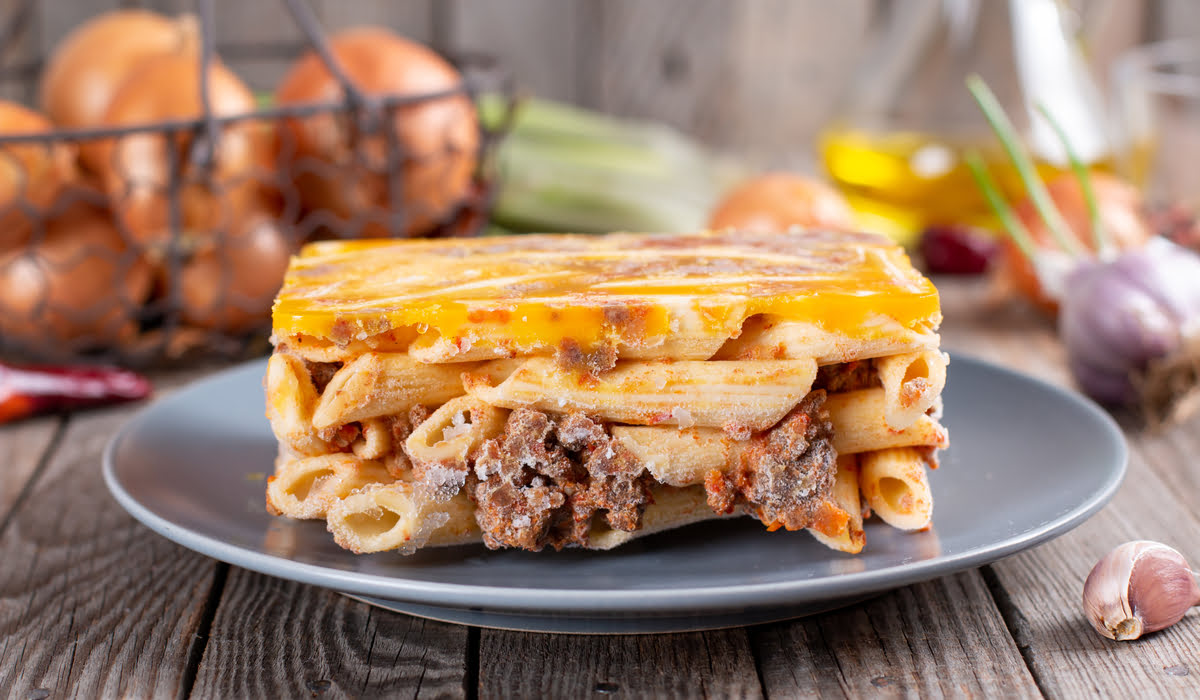

Articles
How Long Does Cooked Pasta Last In The Freezer
Modified: January 6, 2024
Discover how articles can provide valuable information on how long cooked pasta can last in the freezer. Learn the tips and tricks to keep your pasta fresh and flavorful.
(Many of the links in this article redirect to a specific reviewed product. Your purchase of these products through affiliate links helps to generate commission for Storables.com, at no extra cost. Learn more)
Introduction
Cooking a delicious batch of pasta is a culinary joy, but what happens when you can’t finish all of it in one sitting? Maybe you made too much for dinner or intentionally cooked extra for leftovers. Either way, you’re faced with the question of how to properly store and preserve cooked pasta to avoid any wastage.
Cooked pasta, like any other leftover food, has a limited shelf life. However, by understanding the factors that affect its longevity and following proper storage techniques, you can extend its freshness and enjoy it at a later time.
In this article, we will explore the factors that impact the shelf life of cooked pasta, discuss the optimal methods for storing it, and delve into the process of freezing cooked pasta to extend its lifespan. We will also address the question most commonly asked: how long does cooked pasta last in the freezer?
Whether you’re a pasta aficionado or simply want to make more efficient use of your leftovers, read on to discover how to preserve your cooked pasta for later enjoyment.
Key Takeaways:
- Properly storing and freezing cooked pasta can extend its shelf life and reduce food waste. Pay attention to factors like ingredients, storage conditions, and signs of spoilage to enjoy delicious pasta for longer.
- Freezing cooked pasta can preserve its texture and flavor, but delicate pasta types may not freeze well. Follow proper freezing and thawing techniques to maintain quality and ensure safe consumption.
Read more: How Long Does Coffee Last In Freezer
Factors Affecting the Shelf Life of Cooked Pasta
Several factors influence the shelf life of cooked pasta. Understanding these factors will help you determine how long you can safely store your cooked pasta before it starts to spoil. Here are the key factors to consider:
- Ingredients: The type of pasta and ingredients used in the dish can affect its shelf life. For example, pasta with delicate sauces or ingredients like seafood or cream may have a shorter shelf life compared to plain pasta with a simple tomato sauce.
- Cooking Time: Overcooking pasta can affect its texture and make it more susceptible to spoilage. Cooked pasta that is slightly al dente tends to have a longer shelf life.
- Storage Conditions: Proper storage is crucial in preserving the freshness of cooked pasta. Factors such as temperature, humidity, and exposure to air can impact its longevity. Cool and dry storage conditions will help prolong its shelf life.
- Contamination: Like any other food, cooked pasta can easily become contaminated if not handled and stored properly. Cross-contamination from utensils, containers, or other ingredients can introduce bacteria and shorten its shelf life.
- Quality of Ingredients: The quality of the pasta itself and the ingredients used in the dish can affect its shelf life. Fresh and high-quality ingredients will contribute to a longer shelf life compared to lower-quality alternatives.
By taking these factors into account, you can make informed decisions regarding the storage and consumption of your cooked pasta.
Proper Storage of Cooked Pasta
Proper storage techniques are essential for maintaining the freshness and quality of cooked pasta. By following these guidelines, you can maximize the shelf life and minimize the risk of spoilage:
- Cool the Pasta: Before storing, allow the cooked pasta to cool down completely. This helps prevent condensation and the growth of bacteria.
- Separate the Sauce: If your pasta is mixed with sauce, consider separating them before storing. This prevents the pasta from becoming soggy and the sauce from changing texture during storage.
- Use Airtight Containers: Transfer the cooked pasta to airtight containers or resealable plastic bags. This helps retain its freshness and prevents absorption of odors from other foods in the refrigerator.
- Label and Date: Remember to label the containers or bags with the contents and the date of storage. This enables you to track the freshness and avoid consuming expired pasta.
- Refrigerate: Place the containers of cooked pasta in the refrigerator as soon as possible after cooking. Store them at temperatures below 40°F (4°C) to inhibit bacterial growth.
- Consume within 3-5 Days: Cooked pasta should be consumed within 3-5 days of refrigeration. After this point, the quality and taste may degrade, and the risk of foodborne illness increases. If the pasta shows any signs of spoilage, discard it promptly.
By following these storage practices, you can maintain the freshness and taste of your cooked pasta for a longer period.
Freezing Cooked Pasta: Does it Extend Shelf Life?
Freezing cooked pasta is a popular method for extending its shelf life and preserving its taste and texture. When done correctly, freezing can effectively prevent the growth of bacteria and maintain the quality of the pasta. Here’s how freezing can help:
- Food Preservation: Freezing cooked pasta inhibits the growth of bacteria by putting them in a dormant state. This slows down the spoilage process and extends the shelf life of the pasta.
- Retaining Texture and Flavor: Properly frozen pasta can retain its original texture and flavor when thawed and reheated. This means you can enjoy a delicious plate of pasta, even after it has been stored in the freezer.
- Convenience and Meal Prep: Freezing cooked pasta allows for convenient meal planning and preparation. You can cook a large batch of pasta, freeze individual portions, and easily reheat them whenever needed.
- Reducing Food Waste: Freezing leftover cooked pasta instead of letting it go to waste is a sustainable practice that helps reduce food waste in your household.
However, it’s important to note that freezing can affect the texture of certain types of pasta. Delicate pasta varieties, such as angel hair or lasagna noodles, may become mushy or lose their firmness after being frozen and thawed. It’s best to consider the type of pasta you’re freezing and its intended use before proceeding.
To ensure the best results when freezing cooked pasta, it’s essential to follow proper freezing techniques and guidelines.
Cooked pasta can last in the freezer for up to 2-3 months if stored properly in an airtight container or freezer bag. Be sure to label the container with the date to keep track of its freshness.
How Long Does Cooked Pasta Last in the Freezer?
The shelf life of cooked pasta in the freezer depends on several factors, including the type of pasta, storage conditions, and proper packaging. In general, when frozen and stored correctly, cooked pasta can last for up to 2 to 3 months.
Here are some guidelines to help you determine the freezer lifespan of cooked pasta:
- Type of Pasta: Different types of pasta may have varying freezer lifespans. In general, hearty pasta shapes such as penne, rigatoni, and farfalle tend to freeze and thaw better than delicate noodles like angel hair or lasagna.
- Proper Packaging: The way you package the cooked pasta plays a crucial role in maintaining its quality. Transfer the cooked pasta into airtight, freezer-safe containers or resealable plastic bags to prevent freezer burn and minimize moisture loss.
- Storage Conditions: Ensure that your freezer maintains a temperature of 0°F (-18°C) or below to keep the cooked pasta at its best quality. Fluctuations in temperature can affect the texture and taste of the pasta.
- Labeling and Dating: Always label your frozen cooked pasta with the date of freezing. This will help you keep track of its freshness and ensure it is consumed within the recommended timeframe.
While cooked pasta can technically last longer than 3 months in the freezer, its quality may deteriorate over time. To maintain the best taste and texture, it is advisable to consume frozen cooked pasta within the 2 to 3 month timeframe.
Remember to thaw and reheat frozen cooked pasta properly to ensure its safety and enhance its flavor.
By following these guidelines, you can confidently freeze your cooked pasta and enjoy it at a later time without compromising its quality.
Read more: How Long Does Freezer Jam Last
Signs of Spoiled Cooked Pasta
Understanding the signs of spoiled cooked pasta is essential to ensure food safety and avoid consuming pasta that has gone bad. Here are some common indicators that your cooked pasta may have spoiled:
- Off Odor: If your cooked pasta has a foul or rancid smell, it is a clear indication that it is no longer safe to consume. Trust your sense of smell and discard the pasta if it emits an unpleasant odor.
- Mold or Discoloration: Visible mold growth or significant discoloration on the pasta is a strong sign of spoilage. Mold can be green, blue, or black in color, and it can spread quickly. If you notice any mold or unusual discoloration, it’s best to discard the pasta.
- Sliminess or Stickiness: Cooked pasta that feels excessively slimy or sticky when touched is likely spoiled. This texture is an indication of bacterial growth and is an unsafe condition for consumption.
- Unusual Texture or Taste: If the cooked pasta has an unusual texture, such as being excessively mushy or grainy, it may have spoiled. Similarly, if it has an off taste or an unpleasant flavor, it’s best to err on the side of caution and discard it.
- Bacterial Growth: Any signs of bacterial growth, such as the presence of bubbles, foam, or an unusual film on the surface of the pasta, suggest spoilage. In such cases, it is important to discard the pasta to avoid the risk of foodborne illness.
If you observe any of these signs of spoilage, it is crucial to dispose of the cooked pasta immediately. Consuming spoiled pasta can lead to foodborne illnesses, such as food poisoning, and can have adverse health effects.
Remember, it is always better to be safe than sorry when it comes to food safety. If in doubt, it’s best to discard the cooked pasta to protect your health and well-being.
Tips for Freezing and Thawing Cooked Pasta
Proper freezing and thawing techniques are essential to maintain the quality and safety of cooked pasta. Follow these tips to ensure the best results when freezing and thawing your pasta:
Freezing Tips:
- Cool the Pasta: Allow the cooked pasta to cool completely before freezing. This helps prevent condensation and ice crystal formation, which can affect the texture of the pasta.
- Portion it Out: Divide the cooked pasta into individual servings or portions before freezing. This way, you can thaw and use only what you need, minimizing waste.
- Use Freezer-Safe Containers: Transfer the cooked pasta to airtight, freezer-safe containers or resealable plastic bags. Make sure to remove any excess air from the bags before sealing to prevent freezer burn. Label the containers with the date of freezing for easy reference.
- Flash Freeze: If you’re freezing cooked pasta that is already coated in sauce, consider flash freezing the individual portions on a baking sheet lined with parchment paper. Once the pasta is partially frozen, transfer it to your chosen freezer-safe containers or bags. This will prevent the pasta from clumping together and make it easier to portion out later.
- Store in the Proper Part of the Freezer: Place the containers or bags of cooked pasta in the coldest part of your freezer, away from other foods with strong odors. This helps maintain the quality and taste of the pasta during storage.
Thawing Tips:
- Refrigerator Thawing: The safest method for thawing cooked pasta is to transfer it from the freezer to the refrigerator and allow it to thaw slowly overnight. This gradual thawing process helps maintain the texture and quality of the pasta.
- Cooking from Frozen: If you’re in a hurry, you can also cook the frozen pasta directly without thawing. Add it to boiling water or incorporate it into your favorite pasta sauce, and cook it until heated through. Keep in mind that the cooking time may be slightly longer than with fresh pasta.
- Avoid Microwaving: While it may be tempting to thaw cooked pasta in the microwave for convenience, this method can result in uneven thawing and can negatively impact the texture and taste of the pasta. It’s best to avoid microwaving for thawing.
By following these tips, you can freeze and thaw cooked pasta successfully, ensuring it maintains its quality and remains safe for consumption.
Conclusion
Properly storing and freezing cooked pasta is a great way to extend its shelf life and reduce food waste. By understanding the factors that affect its longevity and following the correct storage techniques, you can enjoy delicious pasta even days or weeks after it’s been cooked.
Remember to pay attention to the freshness and quality of your ingredients, including the pasta itself, as this will impact the overall shelf life of the cooked dish. Be mindful of proper storage conditions, including using airtight containers and refrigerating cooked pasta promptly.
If you choose to freeze cooked pasta, consider the type of pasta and its intended use before freezing. Freezing can help preserve the texture and flavor, but delicate pasta varieties may be less suitable for freezing.
Always be vigilant for signs of spoilage, such as off odors, mold, sliminess, or unusual textures. If you notice any of these signs, it’s best to discard the pasta to ensure food safety.
When it comes to thawing frozen cooked pasta, opt for the refrigerator method for the safest results. This ensures that the pasta thaws evenly and retains its quality. If time is a constraint, cooking the frozen pasta directly can be a convenient option.
By following the tips and guidelines provided in this article, you can make the most out of your cooked pasta, minimizing waste and enjoying delicious meals time and time again.
So go ahead, whip up a big batch of pasta, and confidently store the leftovers, knowing that you have the knowledge and techniques to keep it fresh and flavorful for as long as possible.
Frequently Asked Questions about How Long Does Cooked Pasta Last In The Freezer
Was this page helpful?
At Storables.com, we guarantee accurate and reliable information. Our content, validated by Expert Board Contributors, is crafted following stringent Editorial Policies. We're committed to providing you with well-researched, expert-backed insights for all your informational needs.

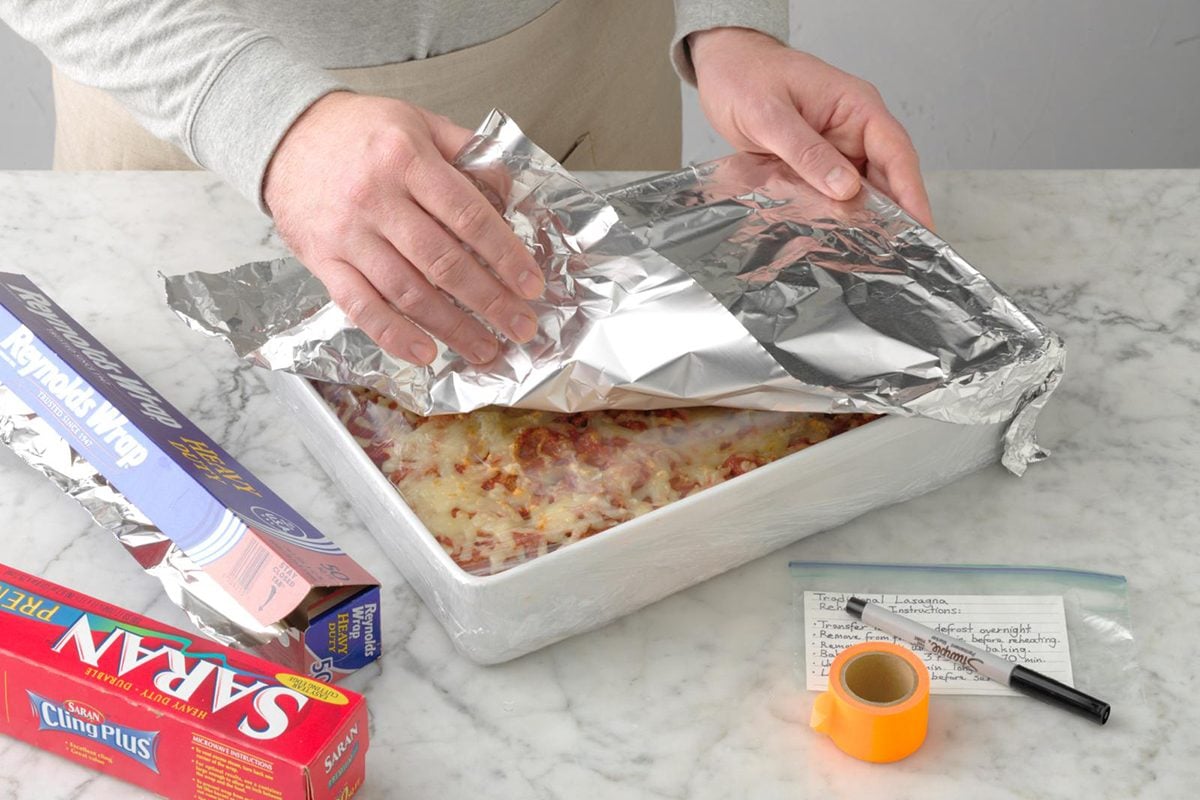
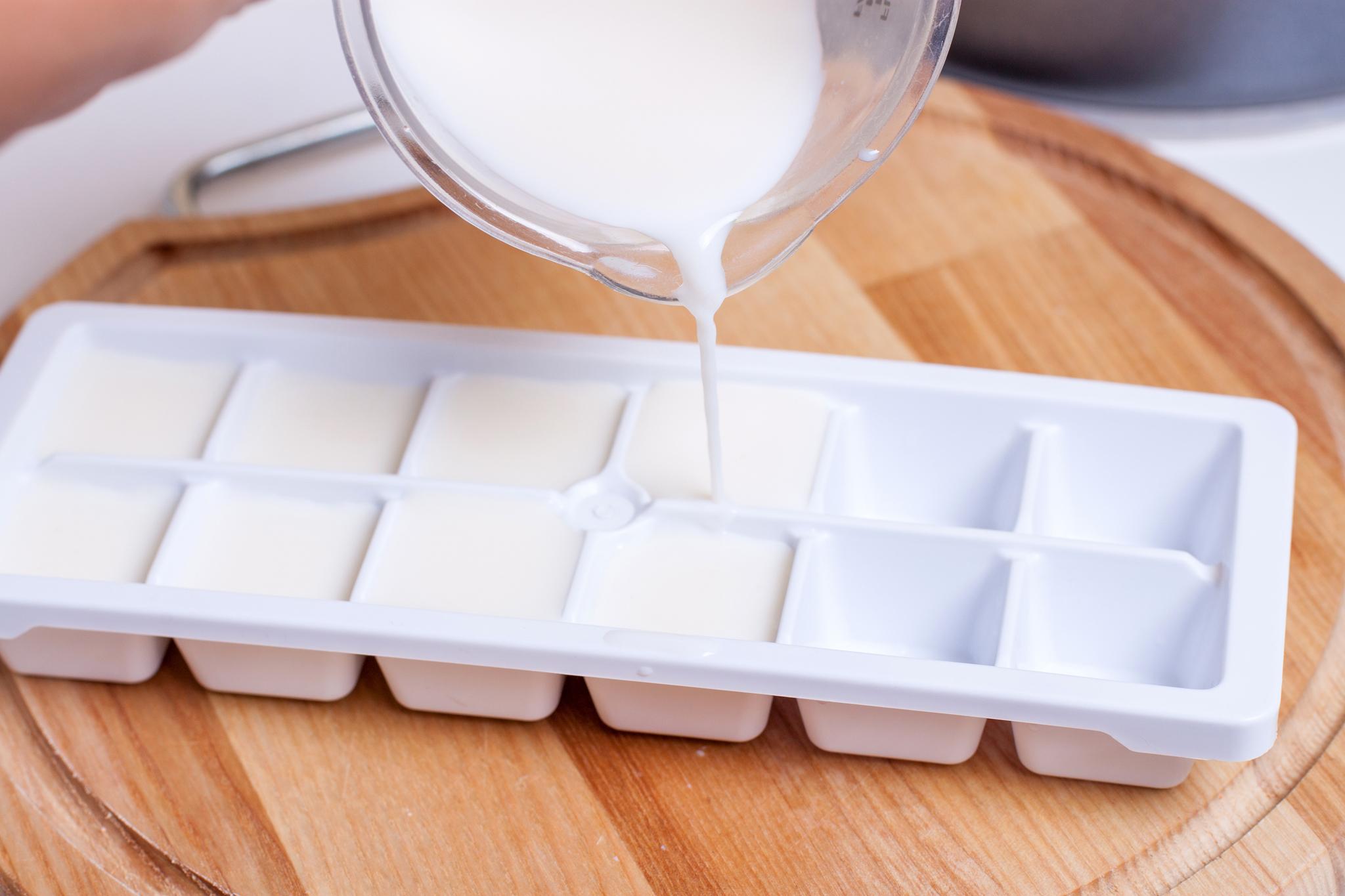
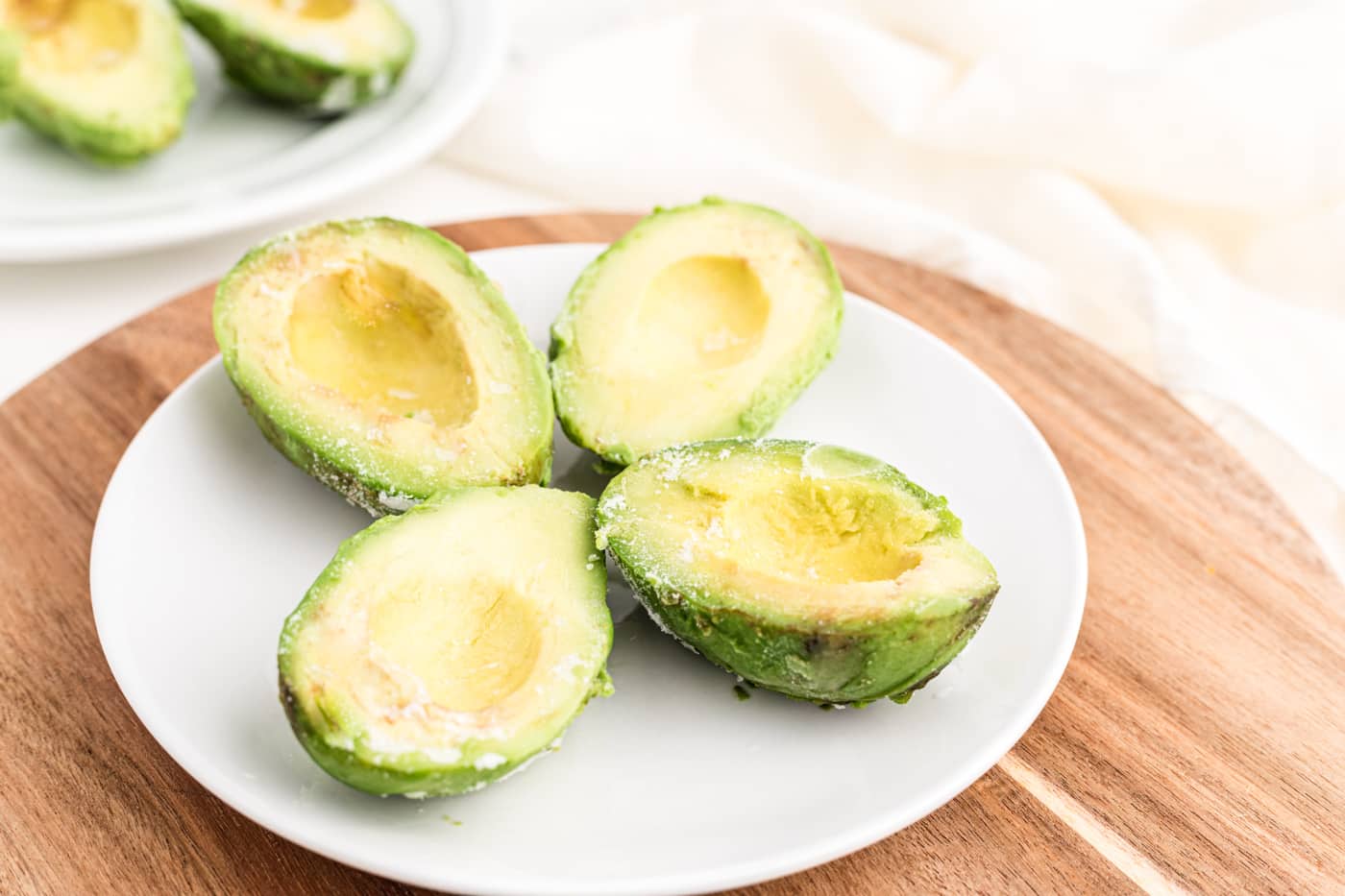
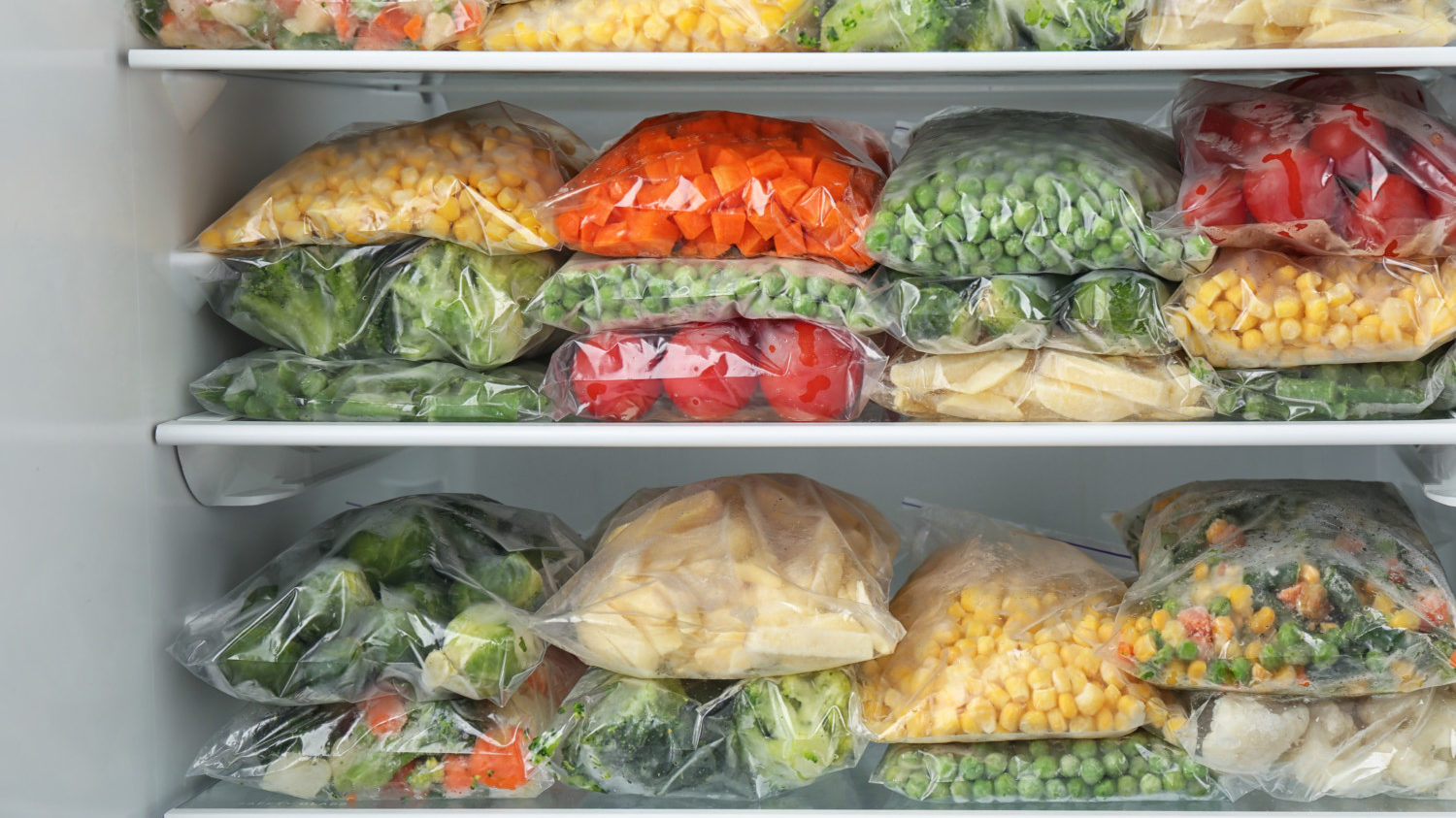
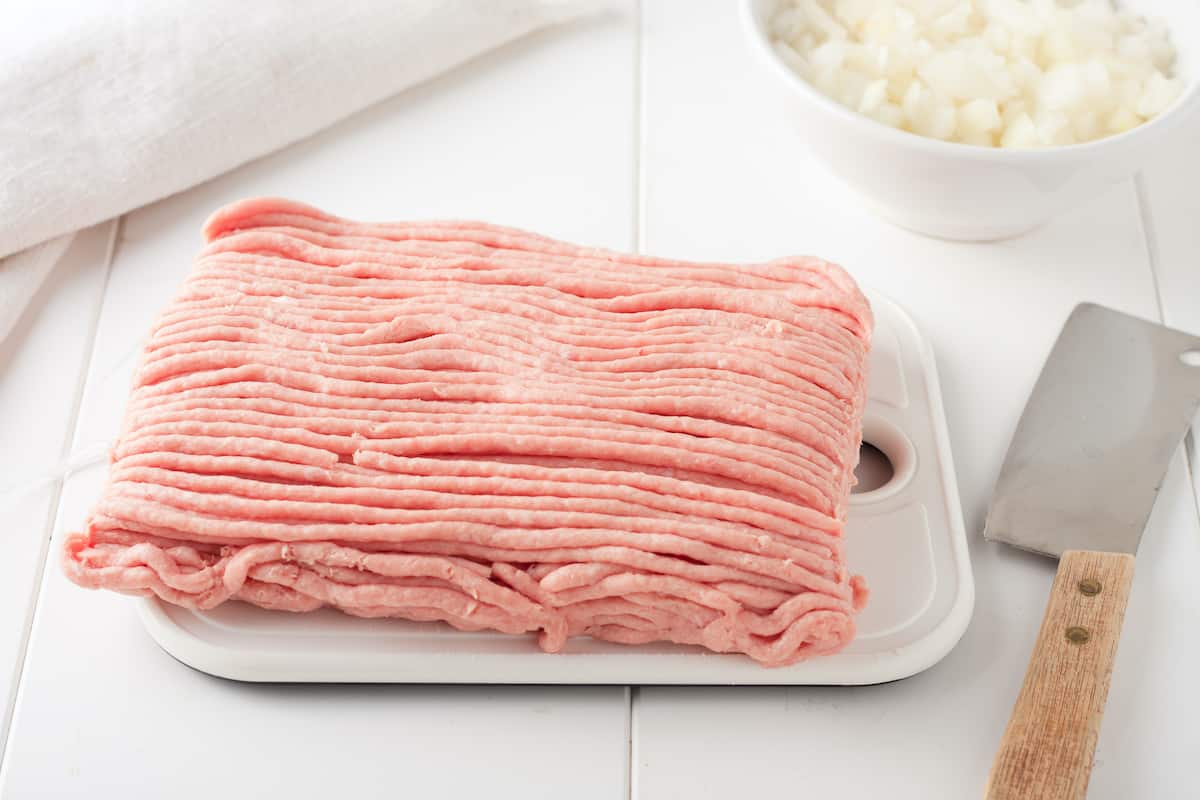
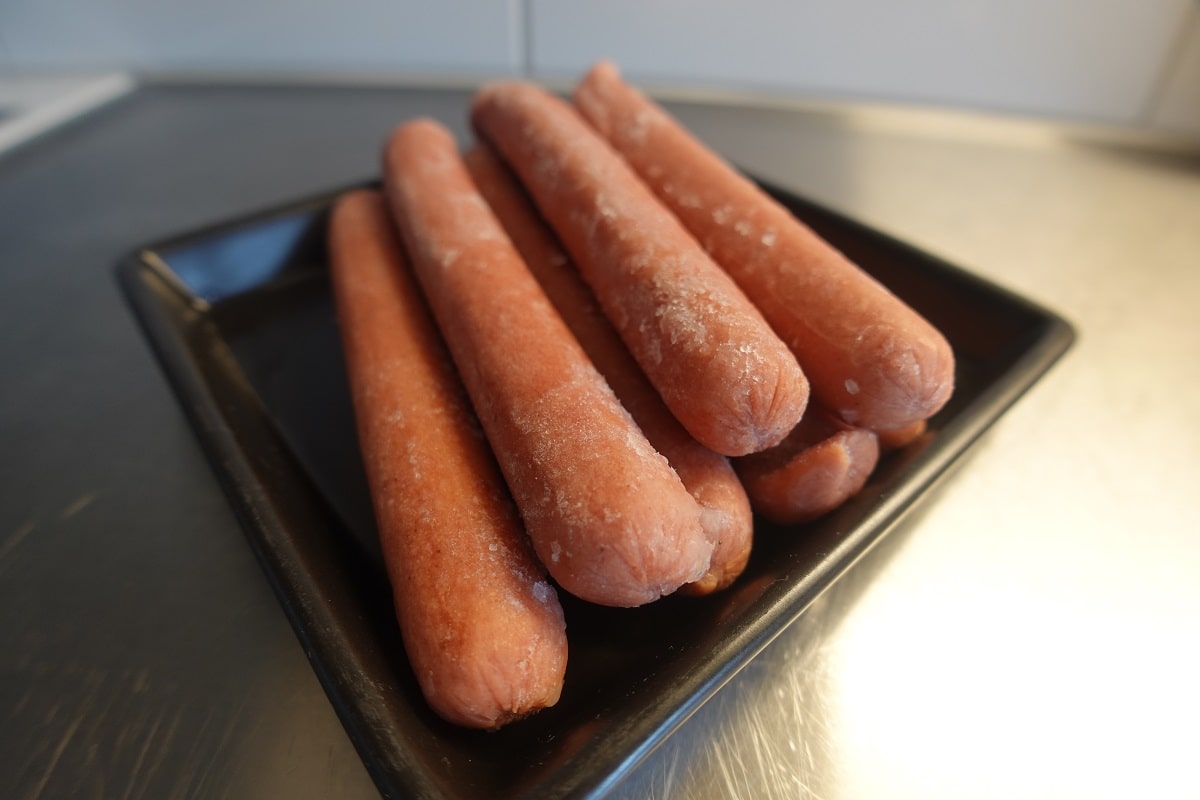
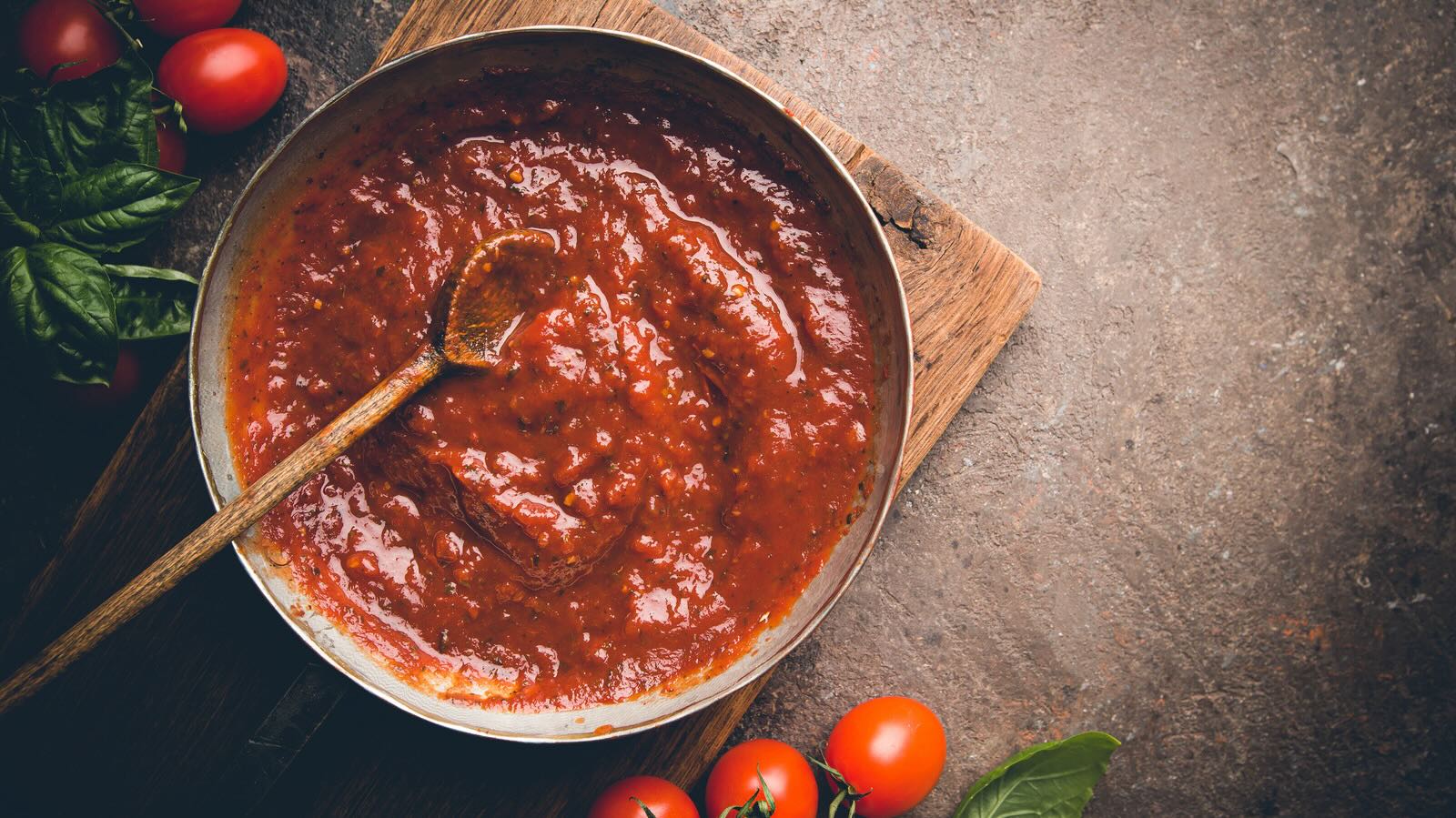

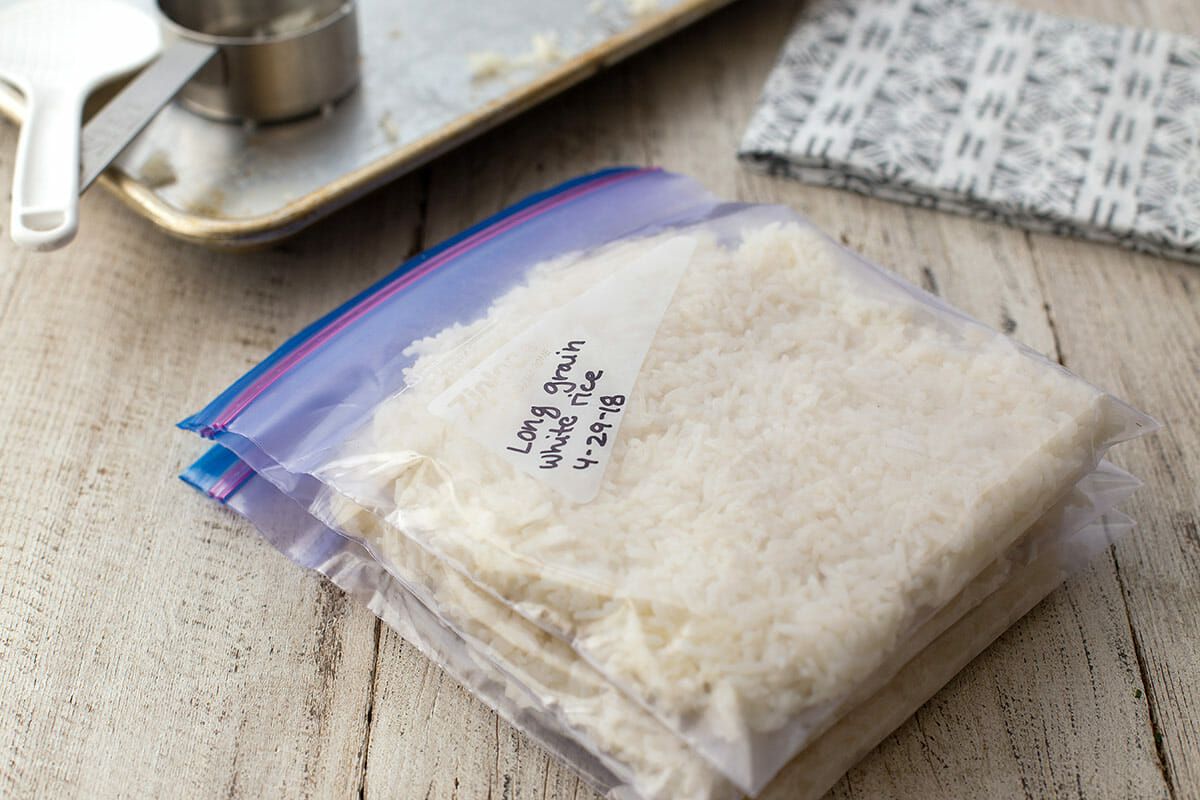
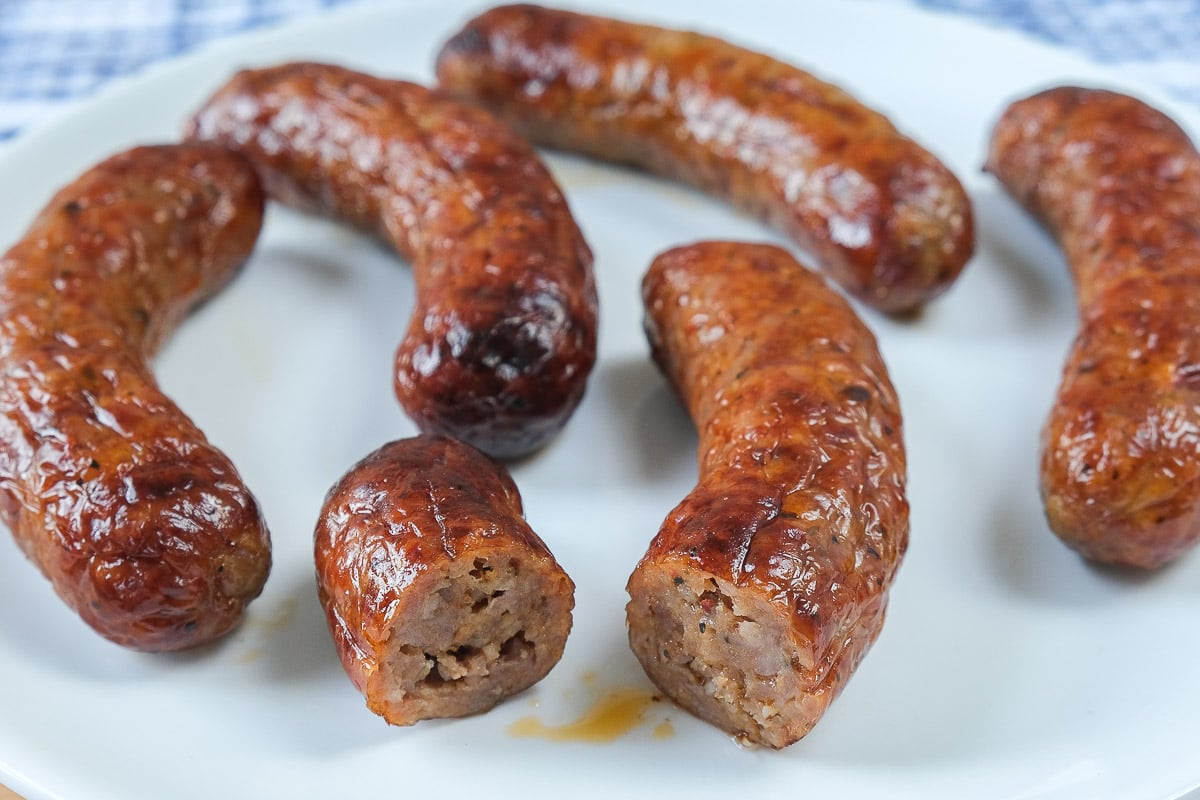
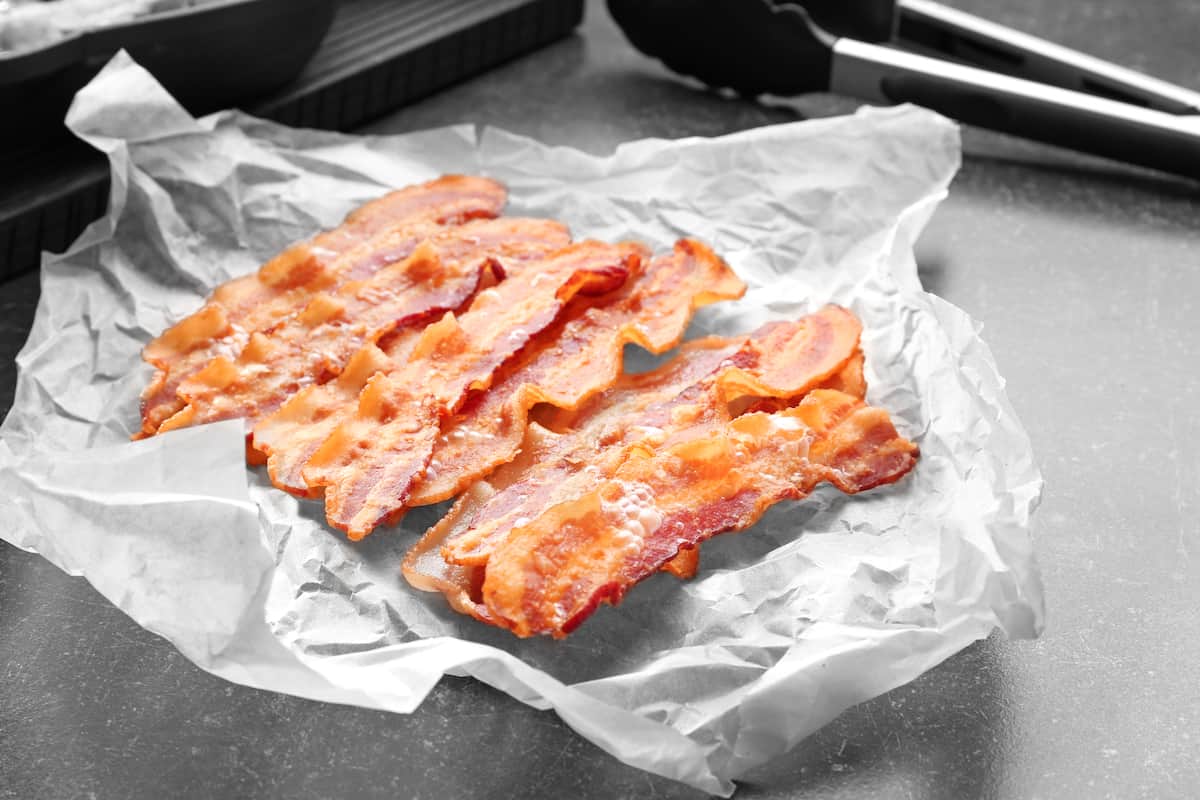
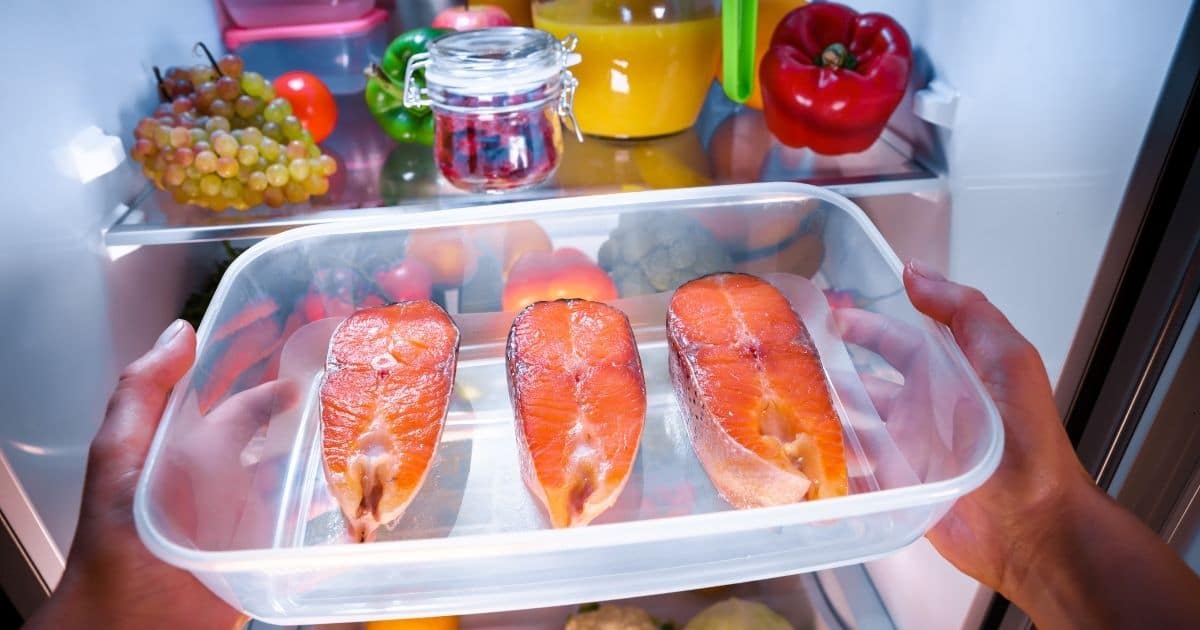
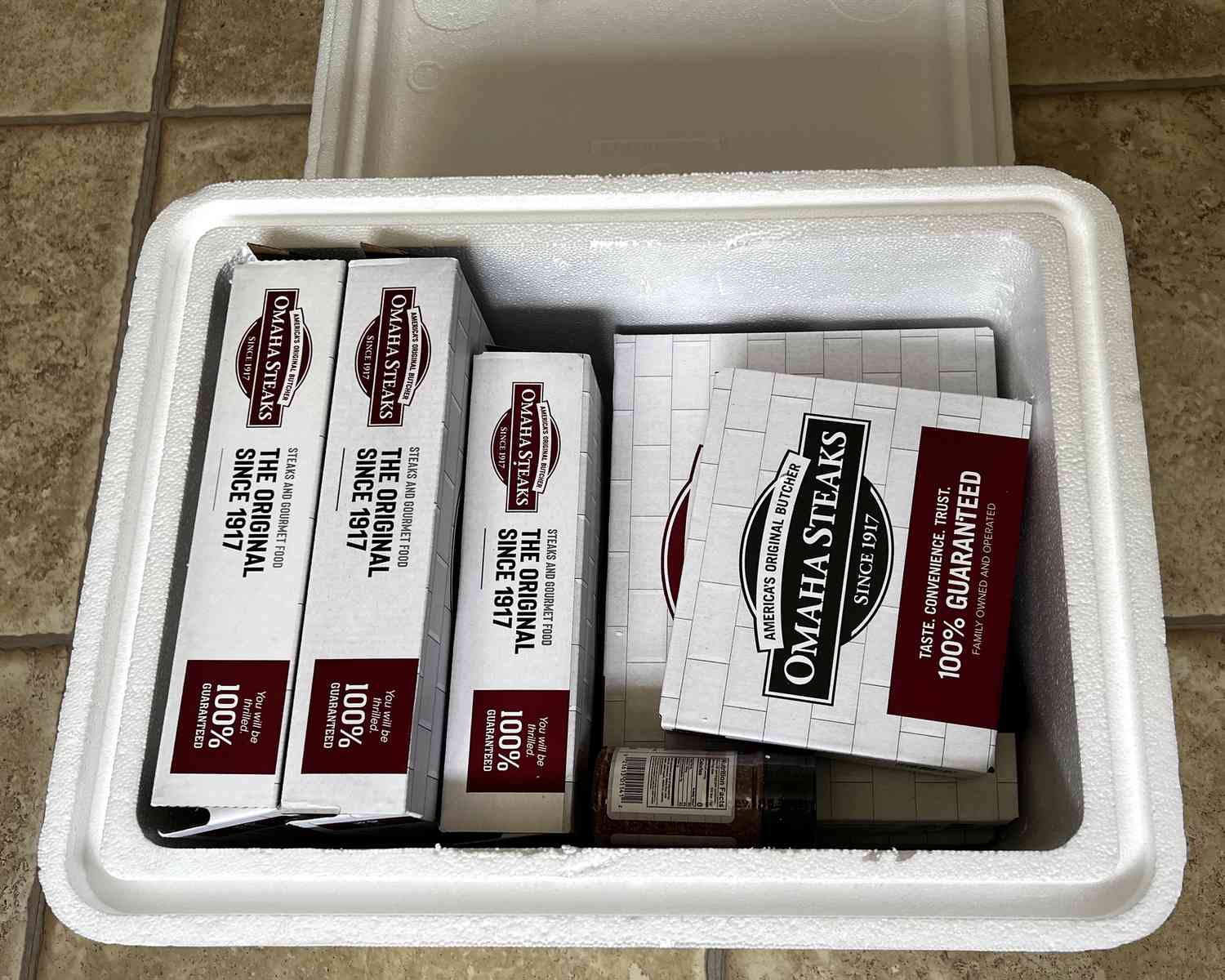

0 thoughts on “How Long Does Cooked Pasta Last In The Freezer”